October 29, 2021
An office reset was what we all needed, and wanted
 Pressing the ‘reset’ button is never easy. But I’m a firm believer that, once we do, we become much less averse than we perhaps expected to the change it inevitably brings. This is particularly true of the past eighteen months. From all of the sadness and hardship endured, we are beginning to emerge into a new, changed way of living. One that is both familiar and altogether different. The dichotomy is particularly evident in our workplaces. For many sections of the economy, the office was the ecosystem of our daily working lives. Initial questions of whether the office would survive quickly fell by the wayside, and a more interesting, nuanced, debate of what we want the office to be began. (more…)
Pressing the ‘reset’ button is never easy. But I’m a firm believer that, once we do, we become much less averse than we perhaps expected to the change it inevitably brings. This is particularly true of the past eighteen months. From all of the sadness and hardship endured, we are beginning to emerge into a new, changed way of living. One that is both familiar and altogether different. The dichotomy is particularly evident in our workplaces. For many sections of the economy, the office was the ecosystem of our daily working lives. Initial questions of whether the office would survive quickly fell by the wayside, and a more interesting, nuanced, debate of what we want the office to be began. (more…)









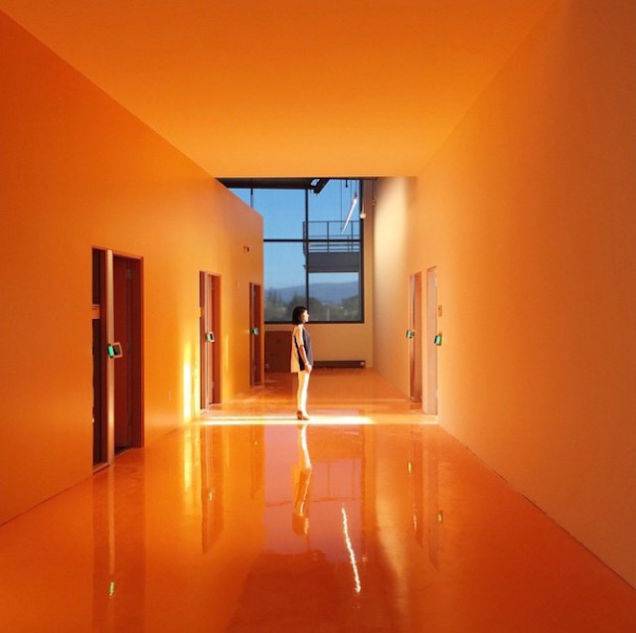 The workplace power dynamic has shifted in favour of employees, according to a new study released from BCW in partnership with Workplace from Facebook (now Meta of course). The inaugural
The workplace power dynamic has shifted in favour of employees, according to a new study released from BCW in partnership with Workplace from Facebook (now Meta of course). The inaugural 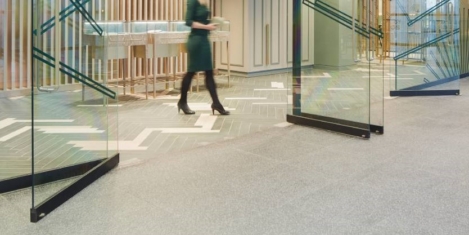
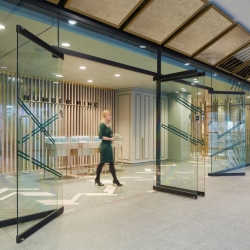 At a recent
At a recent 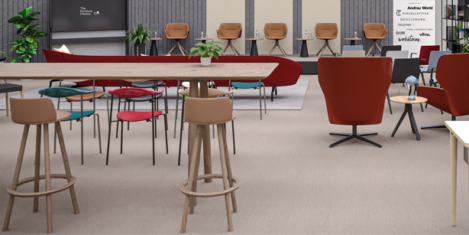
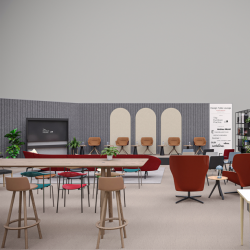 In just two weeks, the much-anticipated
In just two weeks, the much-anticipated 

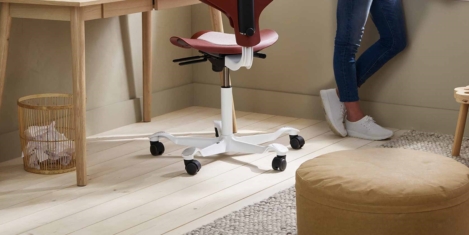
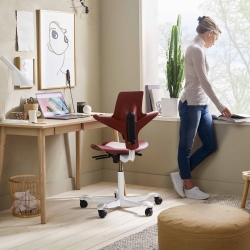 I was reminded the other day of the instructions on a bottle of shampoo I once used which said, simply: “Wash, rinse and repeat.” Why? I’ve just washed my hair. Why do I need to repeat? It’s a bit like that old adage about how to sell more toothpaste, by widening the hole it comes out of, because we all still instinctively try to cover the whole of the brush head, however thick the line of paste.
I was reminded the other day of the instructions on a bottle of shampoo I once used which said, simply: “Wash, rinse and repeat.” Why? I’ve just washed my hair. Why do I need to repeat? It’s a bit like that old adage about how to sell more toothpaste, by widening the hole it comes out of, because we all still instinctively try to cover the whole of the brush head, however thick the line of paste. 
 The debate about the workplace and the future of work gets more interesting by the week. In the last few days alone, I’ve listened in on three great speakers talking about the opportunities, challenges, nuances and complexities of it all in a way that has been all but impossible in the past 18 months. In addition, Nigel Oseland has published
The debate about the workplace and the future of work gets more interesting by the week. In the last few days alone, I’ve listened in on three great speakers talking about the opportunities, challenges, nuances and complexities of it all in a way that has been all but impossible in the past 18 months. In addition, Nigel Oseland has published 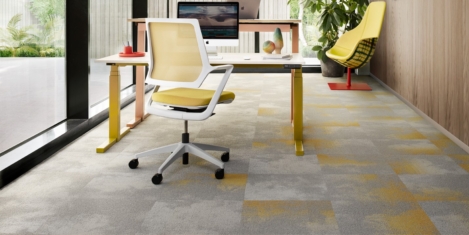
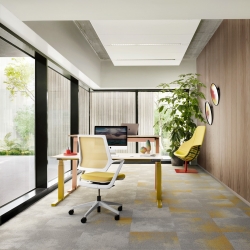
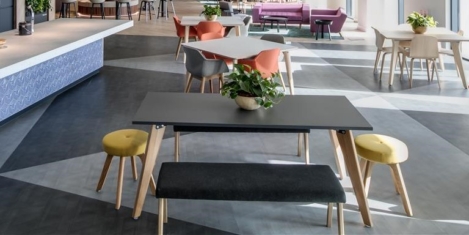
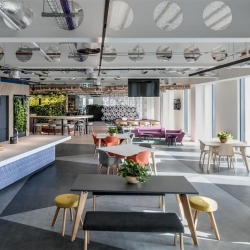
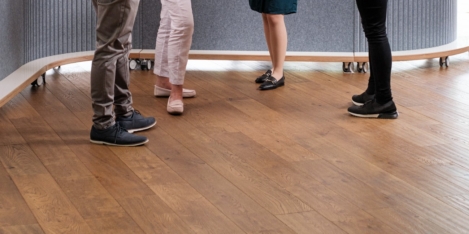
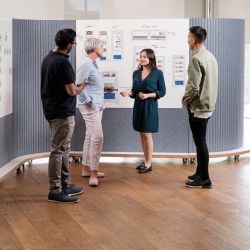
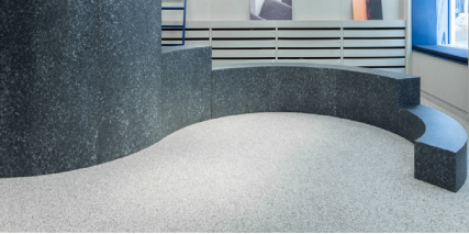
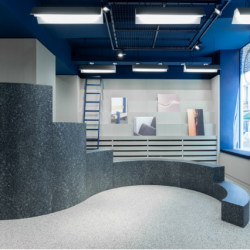 Since 2018,
Since 2018, 








November 3, 2021
The office of the future will be a leader-free, social-space
by Dawn Sharifan • Comment, Flexible working, Technology, Workplace design